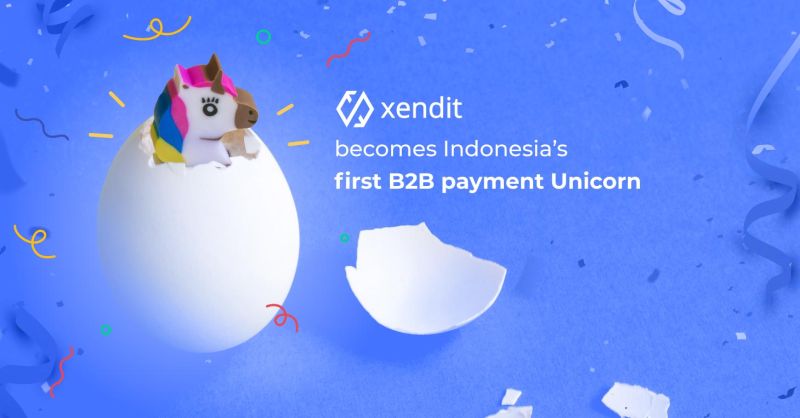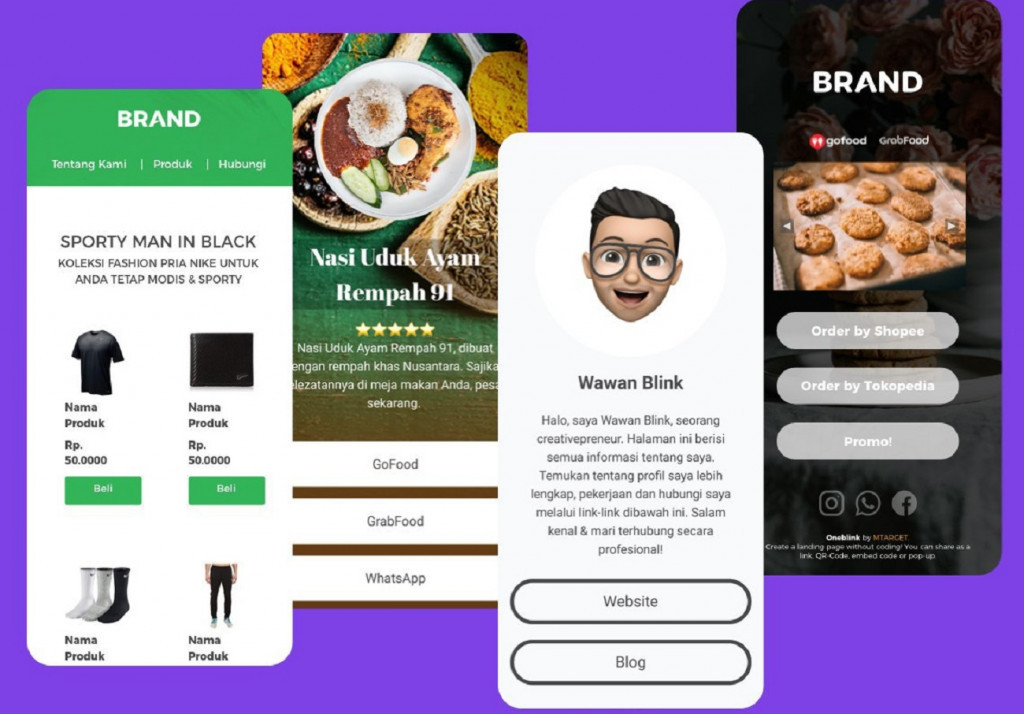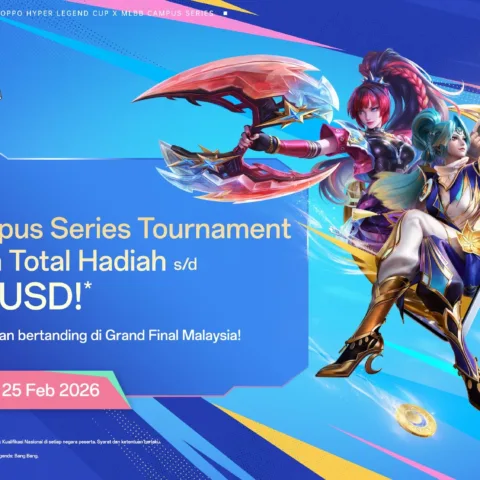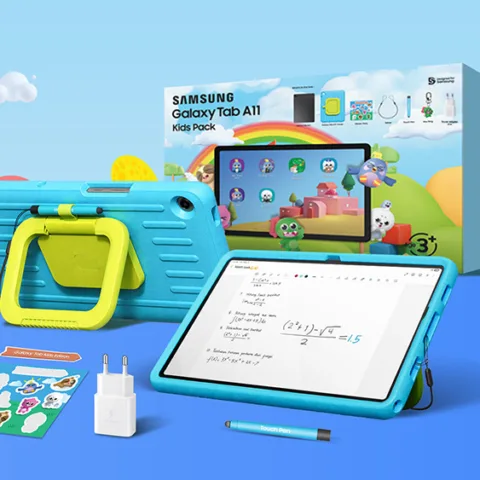Bank Indonesia set the standard for the Open Application Programming Interface (API) to facilitate collaboration between banking and fintech to create an inclusive financial services ecosystem. Open API is an application program that allows companies to be integrated between systems (system to system).
BI’s Director of Payment System Policy Department, Erwin Haryono explained, there would be an agreement and a standardized code by banks and fintech when adopting the Open API standard.
“We want digital transformation in Indonesia to be more integrated. Open API allows banks and fintech to collaborate on data,” Erwin said, as quoted from Katadata.co.id.
The standard is included in the five main central bank initiatives in the blueprint of the Indonesian payment system by 2025. BI is currently refining the stages.
Once released, the application will be performed in stages considering diversity in the payment system industry in Indonesia. This stage will be performed both in terms of the players and the implementation time, considering the size and complexity of the business.
BI considers the Open API standard to improve efficiency in transaction and payment systems. In addition, it is able to increase innovation, competition, and financial inclusion, also reduce and mitigate risk.
Moreover, it is required in the industry, influenced by the rapid digitalization that accelerates the implementation of collaboration between banking and fintech. This is at least reflected in a number of banking corporate actions, which have penetrated the digital banking business model.
Rapid development
Previously, many banks considered opening technology such as API to other companies as forbidden. In fact, this allows the occurrence of moral hazard that could threaten certain aspects of consumer protection. This aspect is a guideline that is always preferred for the financial services industry in running a business.
However, with the rapid technology development, banking is starting to open up. The qualified payment system is required in advancing digital-based businesses, such as e-commerce.
Payment via bank transfers used to be quite popular, but the manual checking process turns out to be a barrier. Finally, due to the rapid development, consumers can top-up electronic money through virtual accounts or NFC in e-commerce applications, also open saving account in non-e-commerce applications.
More banks are opening API services to reach their customers when transacting in various digital applications. It includes BCA, Bank Mandiri, BRI, Bank Danamon, Bank Permata, Bank CIMB, Jenius, Digibank, and many more.
–
Original article is in Indonesian, translated by Kristin Siagian













